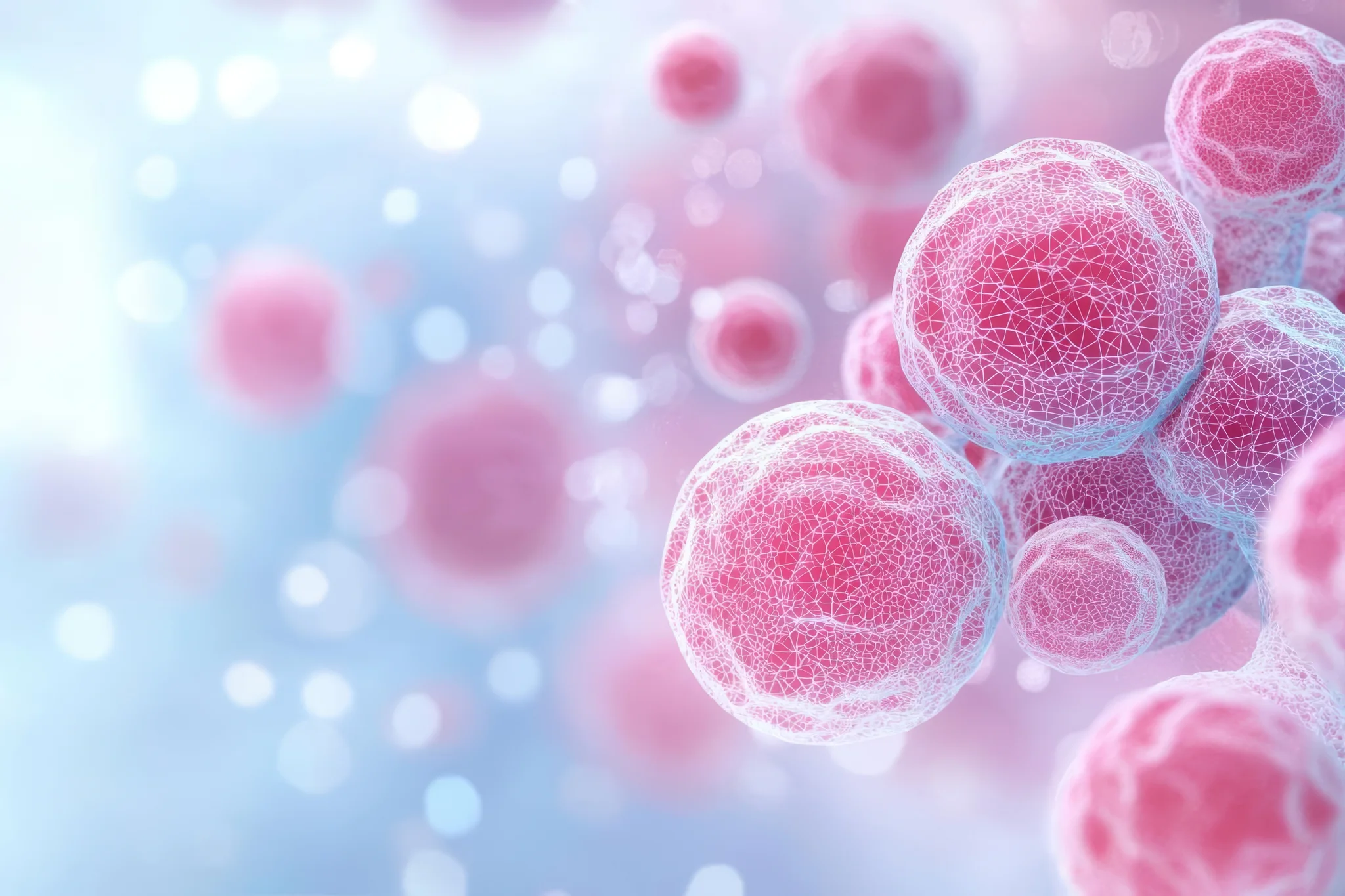Drop off your CV/Resume
We'd love to hear from you. Send us your CV/Resume and one of our team will be in touch.

October is breast cancer awareness month, a time to support and make a difference to those battling the world’s second most common type of cancer. As well as raising awareness of this devastating disease and learning the tell-tale signs, it’s also a time to celebrate progress that is being made in the development of new treatments.
Two companies making exciting progress are AstraZeneca and Daiichi Sankyo, who entered into a global collaboration in 2020 to develop an innovative antibody drug conjugate (ADC) pipeline. In the past five years the companies have brought two groundbreaking drugs to market, Enhertu and Datroway, both of which have been approved for various different subtypes of breast cancer.
Below we’ll explore these two immunotherapies and how they are providing additional treatment options to patients who are so desperately in need of more choices.
In 2020, AstraZeneca partnered with Daichii Sankyo to jointly develop and commercialize a promising class of cancer treatments called antibody drug conjugates (ADCs).
These are a class of immunotherapies that involve adjoining a toxic payload of chemotherapy to a monoclonal antibody via a linker molecule. The ADC is designed to reach specific cancer cells and directly release the payload, so that healthy cells remain unharmed.
So far, the big pharma organization has paid Daiichi a huge sum nearing $2.4 billion! Both the Enhertu and Datroway deals involved $1billion upfront payments – and a recent milestone hit this June saw another $45 million payment making its way to the Japanese pharmaceutical company.
Even before their partnership began, the companies have been committed to developing innovative medicines and transforming outcomes for every person living with breast cancer – no matter their disease stage, subtype, who they are or where they come from.
But now, with their forces combined, they are more likely to (one day) eliminate cancer as a cause of death.
Enhertu (trastuzumab deruxtecan) was discovered by Daiichi Sankyo and first approved in December 2019 for unresectable or metastatic HER2-positive breast cancer.
Roughly one in five women with breast cancer have the HER2-positive subtype – and for those with previously treated metastatic disease, progression can be alarmingly fast.
When patients are in urgent need of stopping or slowing tumor growth, Enhertu can make a remarkable difference. In fact, compared to Kadcyla – a HER2-positive breast cancer treatment that’s been around for over a decade – Enhertu more than doubled the 12-month progression-free survival rate.
Since partnering with AstraZeneca to further develop and commercialize the drug, Enhertu received another major approval at the start of 2025. It can now also be used to treat HER2-low and even HER2-ultralow breast cancer.

Datroway (datopotamab deruxtecan) is a similar antibody drug conjugate that emerged shortly after AstraZeneca and Daichii began their collaboration. It gained FDA approval at the start of this year for unresectable or metastatic HR-positive, and HER2-negative breast cancer.
The antibody drug conjugate made its debut in Japan in March – marking a major step in expanding access to this next-generation treatment.
According to a press release published on October 6th, Datroway stands out as the first and only therapy to significantly improve overall survival compared to chemotherapy in a patient population.
As said by Executive VP, Susan Galbraith, these study results “mark an inflection point in the treatment of these patients who have the poorest prognosis of any type of breast cancer and urgently need better options”.
And its momentum continues. Datroway recently achieved another major milestone with a positive Phase 3 results in a triple-negative breast cancer, yet another hard-to-treat subtype.
The invention and development of Enhertu and Datroway represent a new era of breast cancer treatment. Through their partnership, Daichii Sankyo and AstraZeneca have created two alternatives for women with previously limited options – extending survival rates and quality of life across multiple different breast cancer sub types.
Antibody drug conjugates aren’t simply slowing disease progression; they’re changing the standard of what’s possible in breast cancer care and oncology.
Meet takes pride in helping life sciences organizations build teams that contribute to life-changing medicines and medical devices. From clinical stage scale-ups to well established pharma companies, we help place the people that create trial wins and exciting advancements that improve global health outcomes.
If you’re in the oncology space and looking to expand an important team or take the next pivotal step in your career, please reach out to us today. Our industry experts will be able to get the process started.